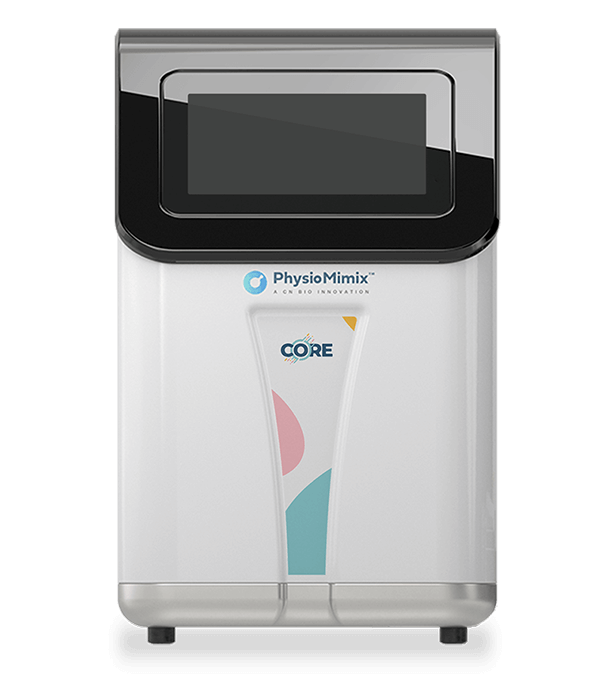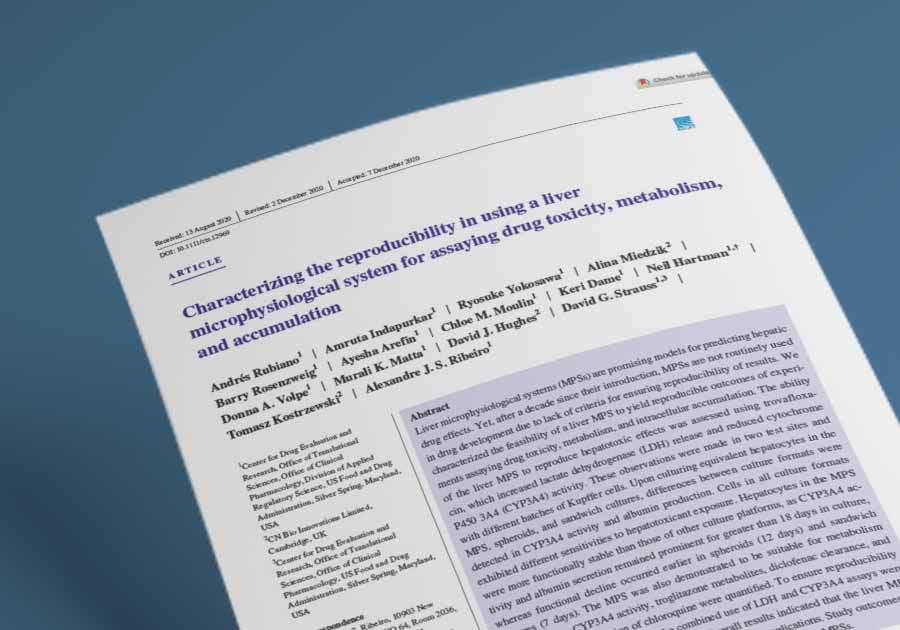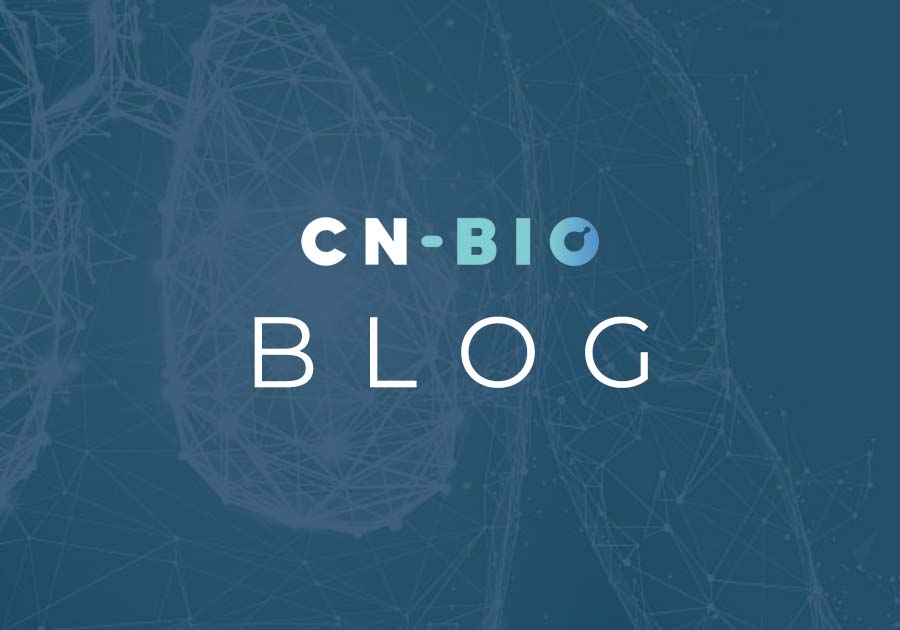Implementation of this new regimen will begin immediately for investigational new drug (IND) applications, where the inclusion of NAMs data is now encouraged. The FDA states, “the new approach is designed to improve drug safety and accelerate the evaluation process, while reducing animal experimentation, lowering research and development (R&D) costs, and ultimately, drug prices.”
In the press release, the FDA cites their promotion of lab-grown human organoids, or organ-on-a-chip systems, to test drug safety because these models can reveal toxic effects that could remain undetected in animals, providing “a more direct window into human responses”
Read the press release to learn more about the key benefits of replacing animal testing in monoclonal antibody safety evaluation with human-based lab models and advanced computer simulations, including:
- The FDA’s roadmap for implementation
- Regulatory incentives to encourage investment in modernized testing platforms
- Long-term proposal (3-5 years) to make animal studies the exception rather than the norm by switching to a “NAM-based default” for pre-clinical safety/toxicology testing
“The recent announcement from the FDA is really a watershed moment for the biopharma industry, with a clear call to action for drug developers to move away from traditional animal safety testing and replace them with human-relevant methods such as organ-on-a-chip.
This change will really accelerate the adoption of organ-on-a-chip (OOC) and other new alternative human methods by drug developers, ultimately leading to faster drug development, reduced R&D costs and more cost-effective medicines for patients.
It is humbling to see the many years of hard work by the CN Bio team and our partners being recognised by the announcement and the roadmap laid out by the FDA leadership.” Dr Tomasz Kostrzewski. CSO, CN Bio
Visit our Immune-mediated liver injury application page for more information about how PhysioMimix® OOC assays support the safety profiling of mAbs and your response to the FDA’s roadmap.




